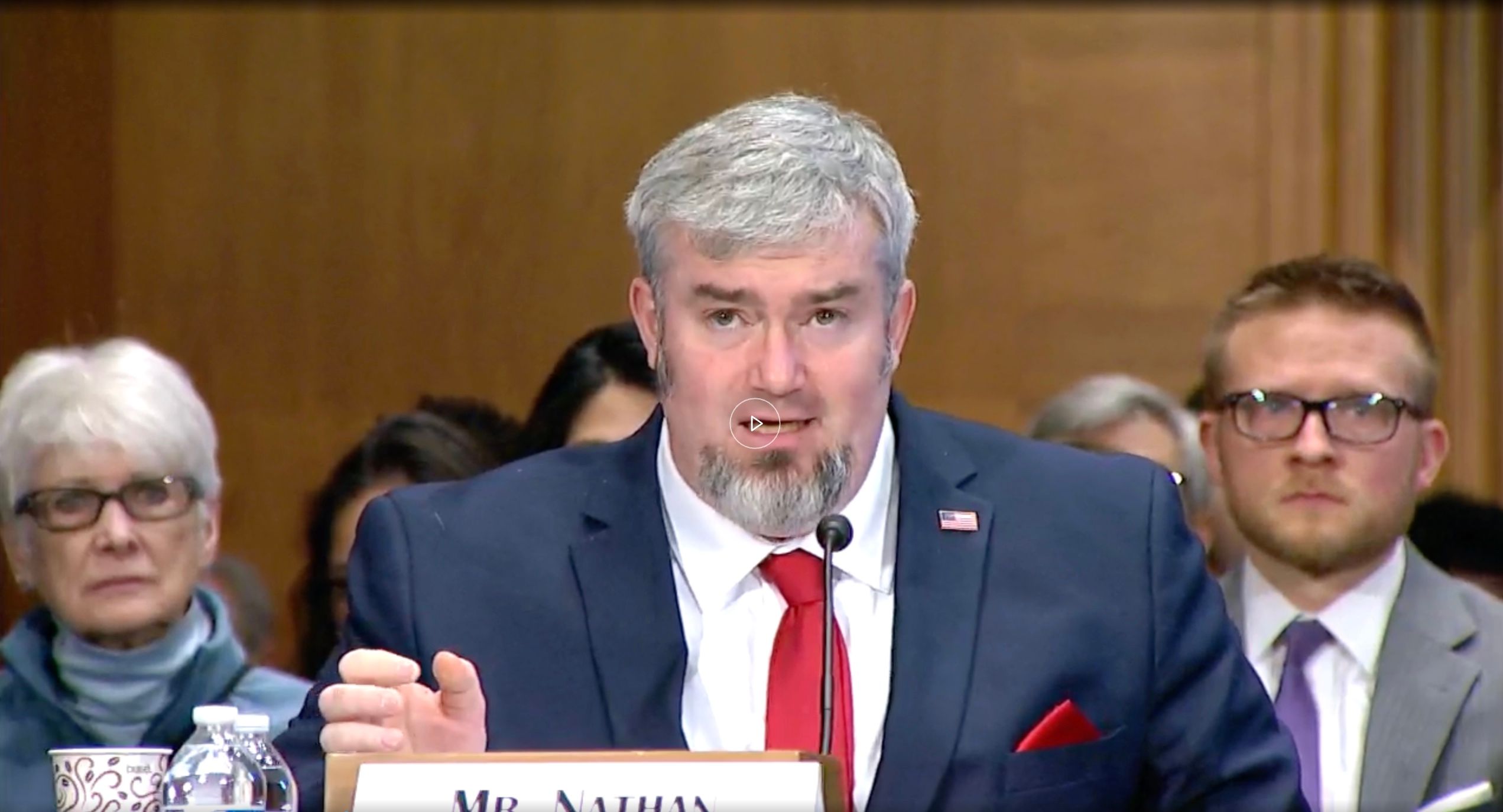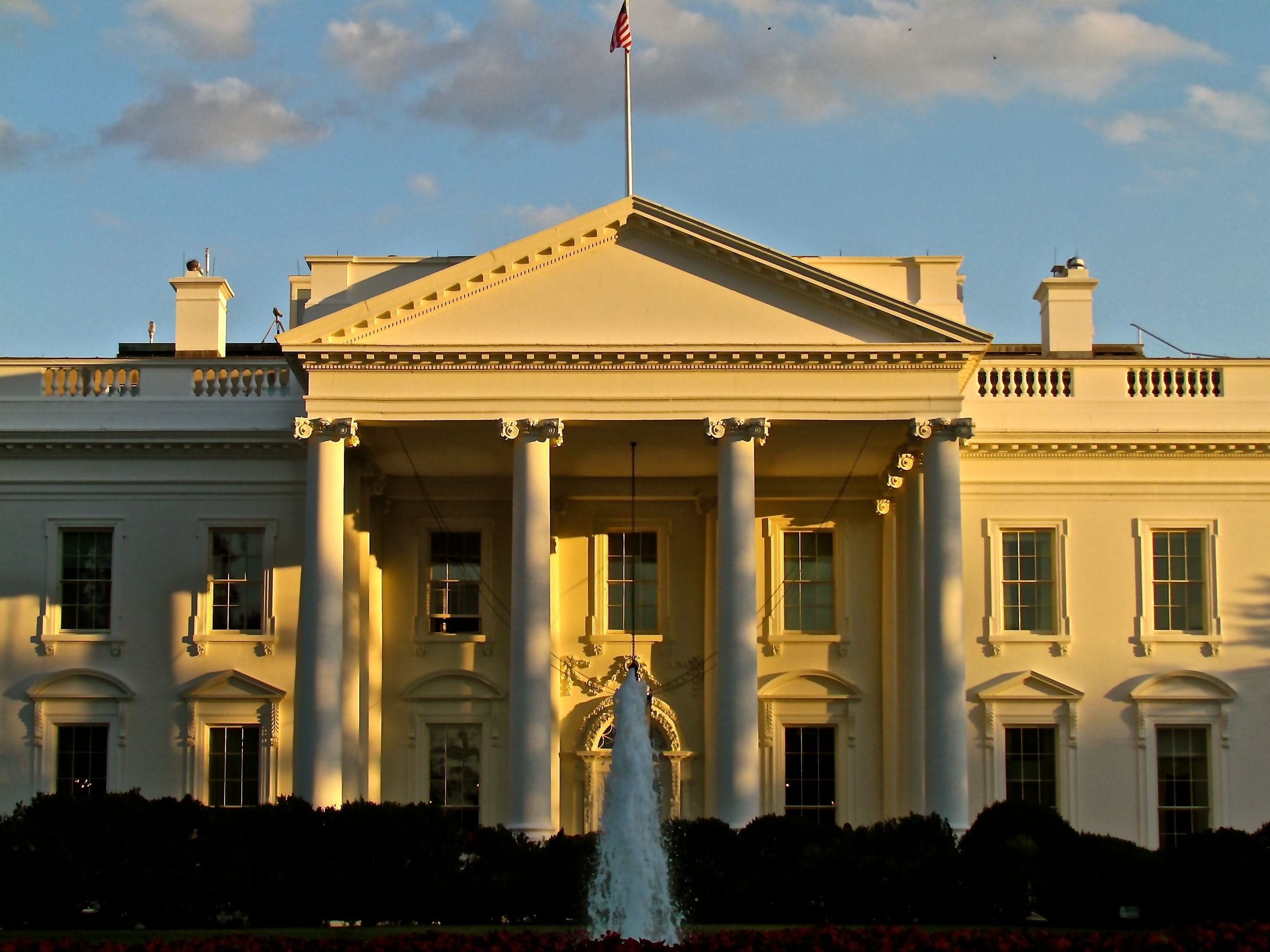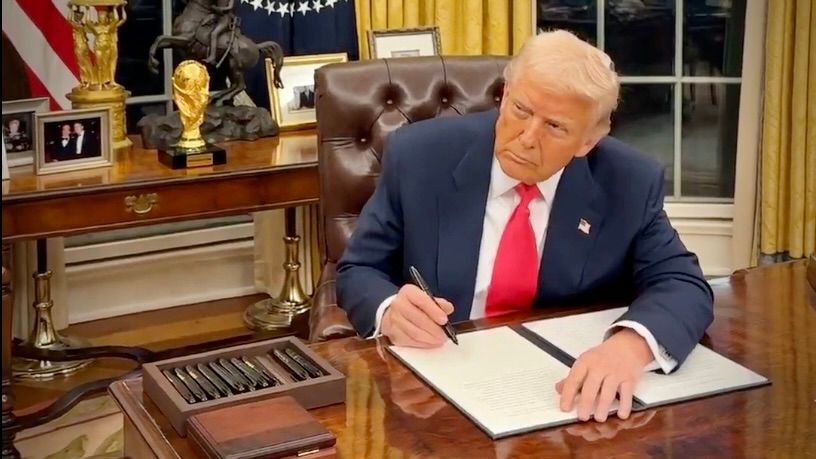Investigating the Real Impacts of Debanking in America: A Call to Ease the Path for Crypto
Senate Hearing on Debanking in the US
As U.S. senators prepared to gather for a hearing on the real impacts of debanking in America, the interim chief of the Federal Deposit Insurance Corp. (FDIC) revealed that his agency is overhauling its digital assets supervision and shared more correspondence on Wednesday, in which FDIC officials steered banks away from cryptocurrency business.
FDIC’s Shift in Stance on Crypto
Travis Hill, the acting FDIC chairman, has thrown open more of the agency’s past documents and said the U.S. banking regulator will be reconsidering its previous crypto guidance that deliberately kept banks at an arm’s length away from what was seen as the unregulated volatility of crypto. The past letters between the FDIC and banks have been the focus of a court Freedom of Information Act (FOIA) battle between Coinbase and the agency, in which the courts had directed the regulator to share more information.
FDIC’s New Approach to Crypto
According to a statement issued before the start of the Senate Banking Committee hearing, Hill said the FDIC will be "providing a pathway for institutions to engage in crypto- and blockchain-related activities while still adhering to safety and soundness principles." He added that he directed staff to conduct a comprehensive review of all supervisory communications with banks that sought to offer crypto-related products or services.
Testimony from Capitol Hill
During the hearing, Nathan McCauley, the co-founder and CEO of federally chartered crypto bank Anchorage Digital, shared his account of Anchorage being severed from banking relationships due to regulatory pressure. "To say this is pervasive is an understatement," he told the senators. "It’s been across the entire industry, everybody has dealt with this."
He contended that the pressure from regulators ran counter to what U.S. bankers actually wanted to do in the digital assets sector. "All of the big banks wanted to work with crypto and were scared away from it by the regulatory apparatus," he said.
Senator Elizabeth Warren’s Perspective
Senator Elizabeth Warren, the committee’s ranking Democrat, sought to highlight the other segments of the U.S. population that are routinely blocked from banking services. "I don’t think for a second that you should be locked out of our banking system," she said. "In many cases, it is wrong for banks to close accounts and threaten your ability to make payroll or pay rent on time without even providing an explanation, so long as you are following the law."
Conclusion
The hearing on the real impacts of debanking in America has shed light on the struggles faced by crypto companies and institutions in the U.S. banking system. The FDIC’s shift in stance on crypto and its commitment to providing a pathway for institutions to engage in crypto-related activities is a step in the right direction. However, more needs to be done to ease the path for crypto companies and ensure that they have access to the banking services they need to operate.
FAQs
- What is debanking in the context of crypto?
Debanking in the context of crypto refers to the practice of banks and financial institutions deliberately avoiding or severing relationships with cryptocurrency companies.
- Why has the FDIC changed its stance on crypto?
The FDIC has changed its stance on crypto in response to pressure from the crypto industry and the need to provide a clearer regulatory framework for the sector.
- What is the current state of the relationship between banks and crypto companies?
The relationship between banks and crypto companies is often characterized by a lack of trust and a lack of understanding of the crypto space. Many banks are hesitant to engage with crypto companies due to regulatory uncertainty and the perceived risks associated with the sector.
- What is the significance of the Senate hearing on debanking in America?
The Senate hearing on debanking in America is significant as it highlights the struggles faced by crypto companies and institutions in the U.S. banking system. It also underscores the need for a more nuanced and effective regulatory framework that allows for the growth and development of the crypto sector.
- What is the future of the relationship between banks and crypto companies?
The future of the relationship between banks and crypto companies is likely to be shaped by the regulatory environment and the level of trust and understanding between the two parties. As the regulatory landscape evolves, it is likely that we will see a more collaborative approach between banks and crypto companies, with a greater emphasis on risk management and compliance.









